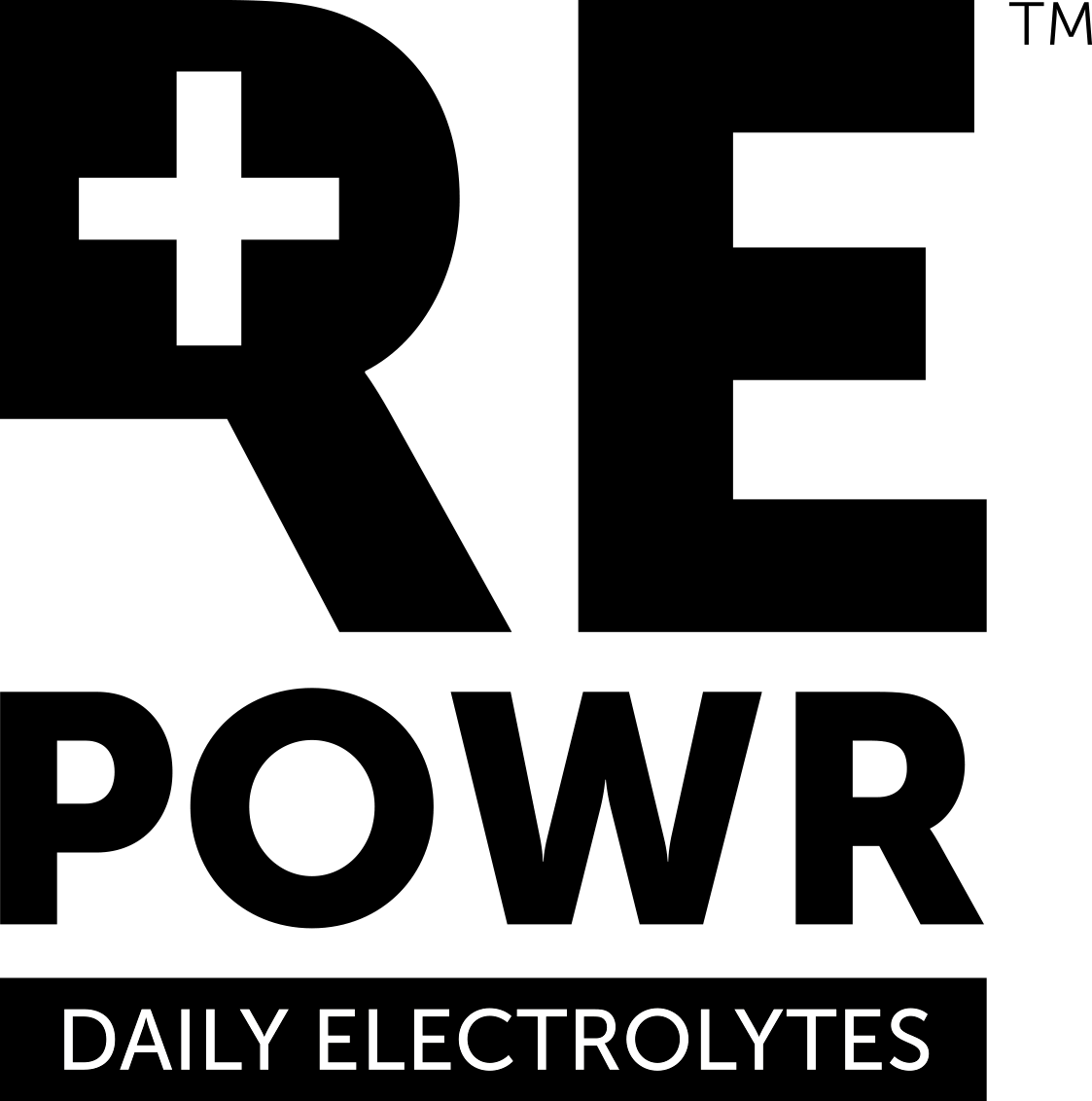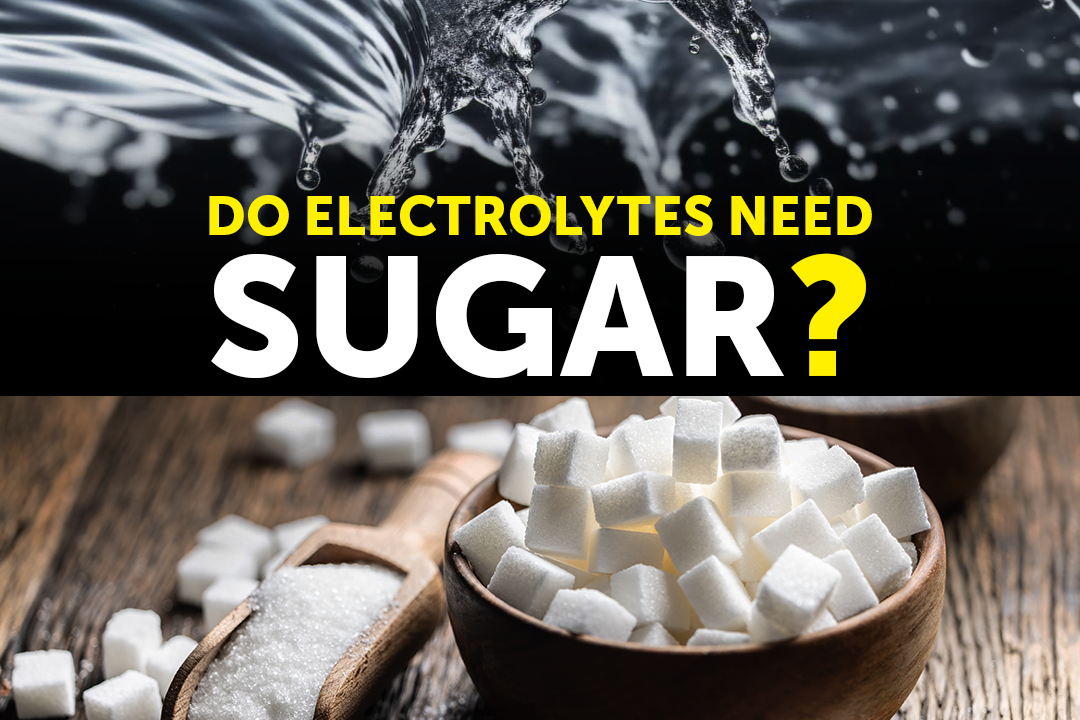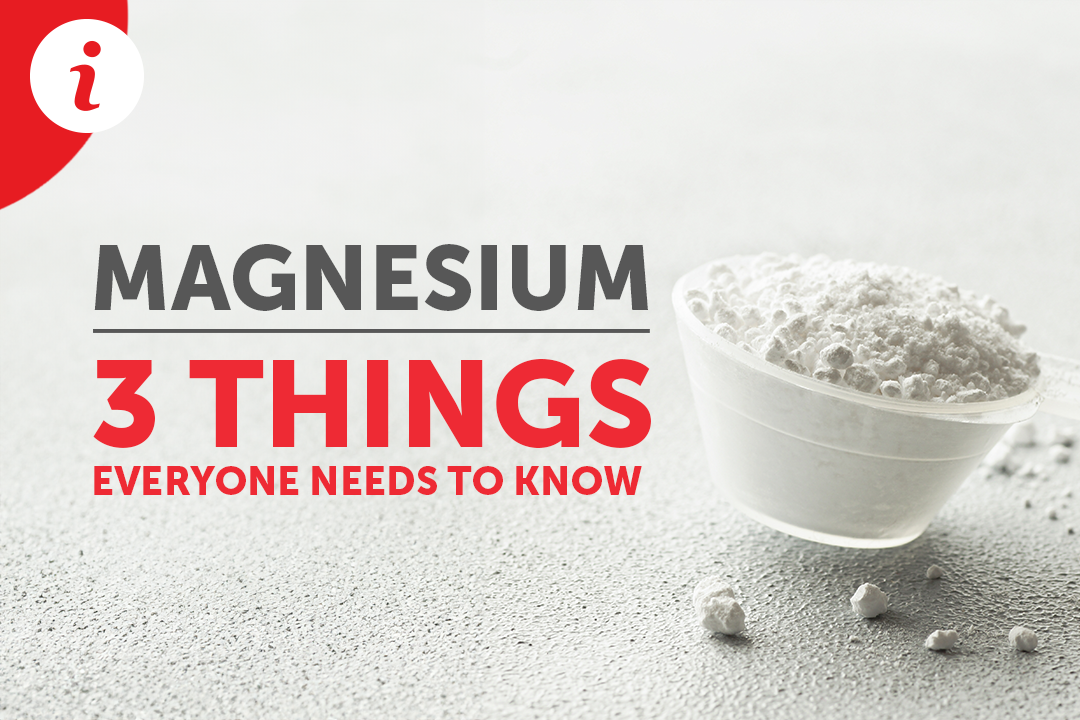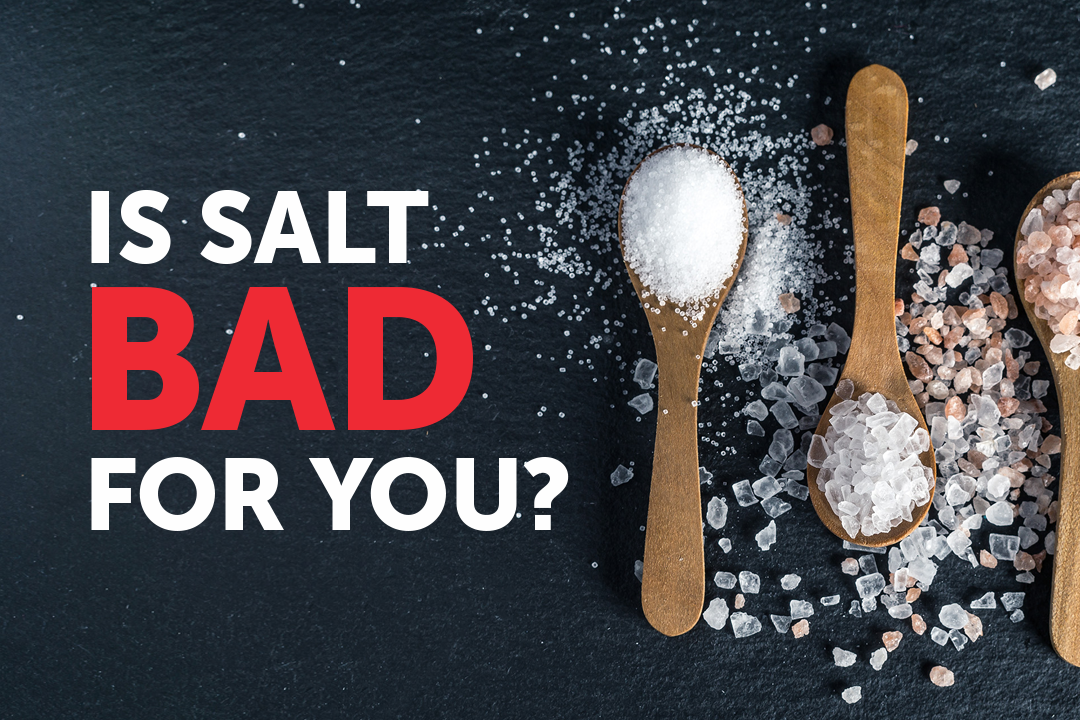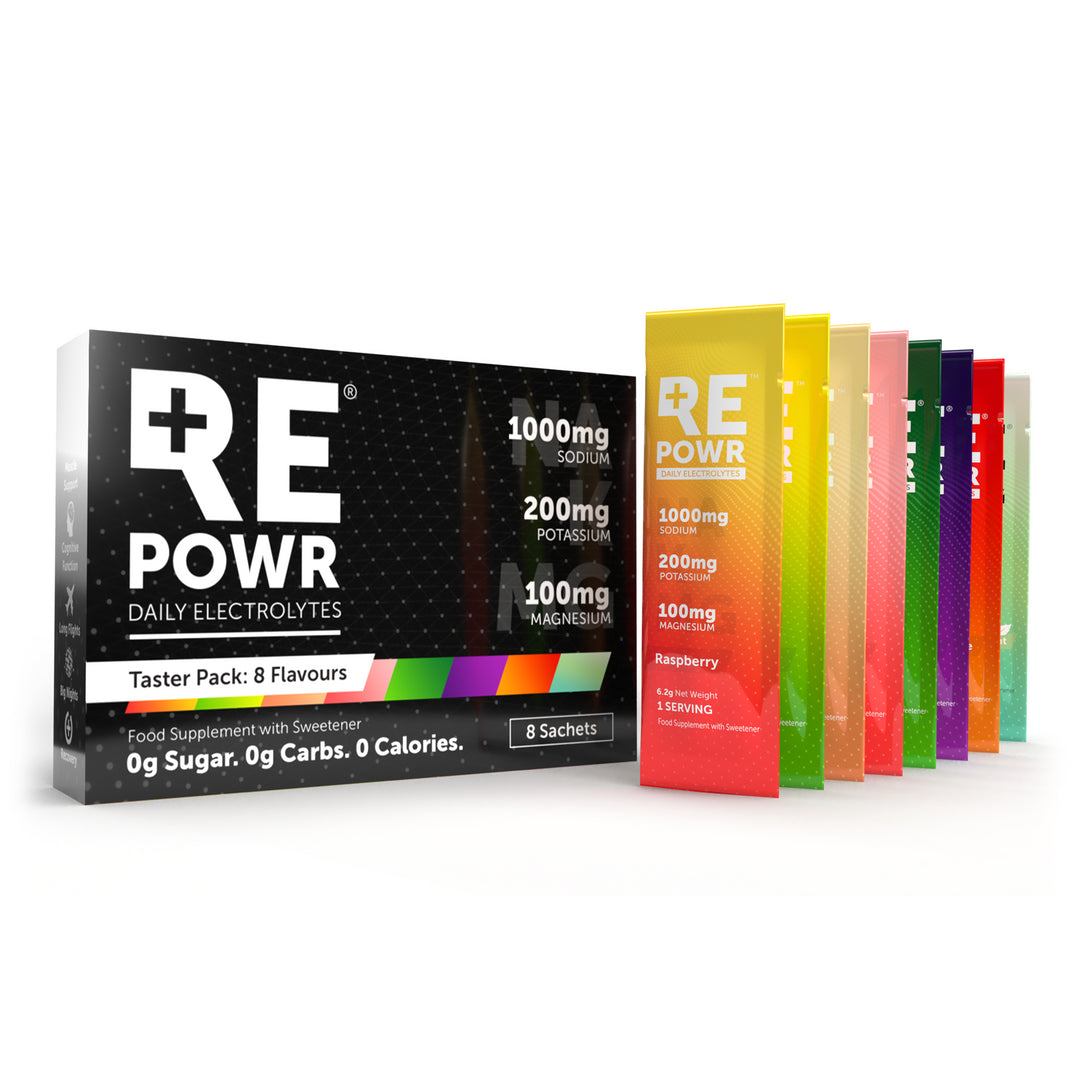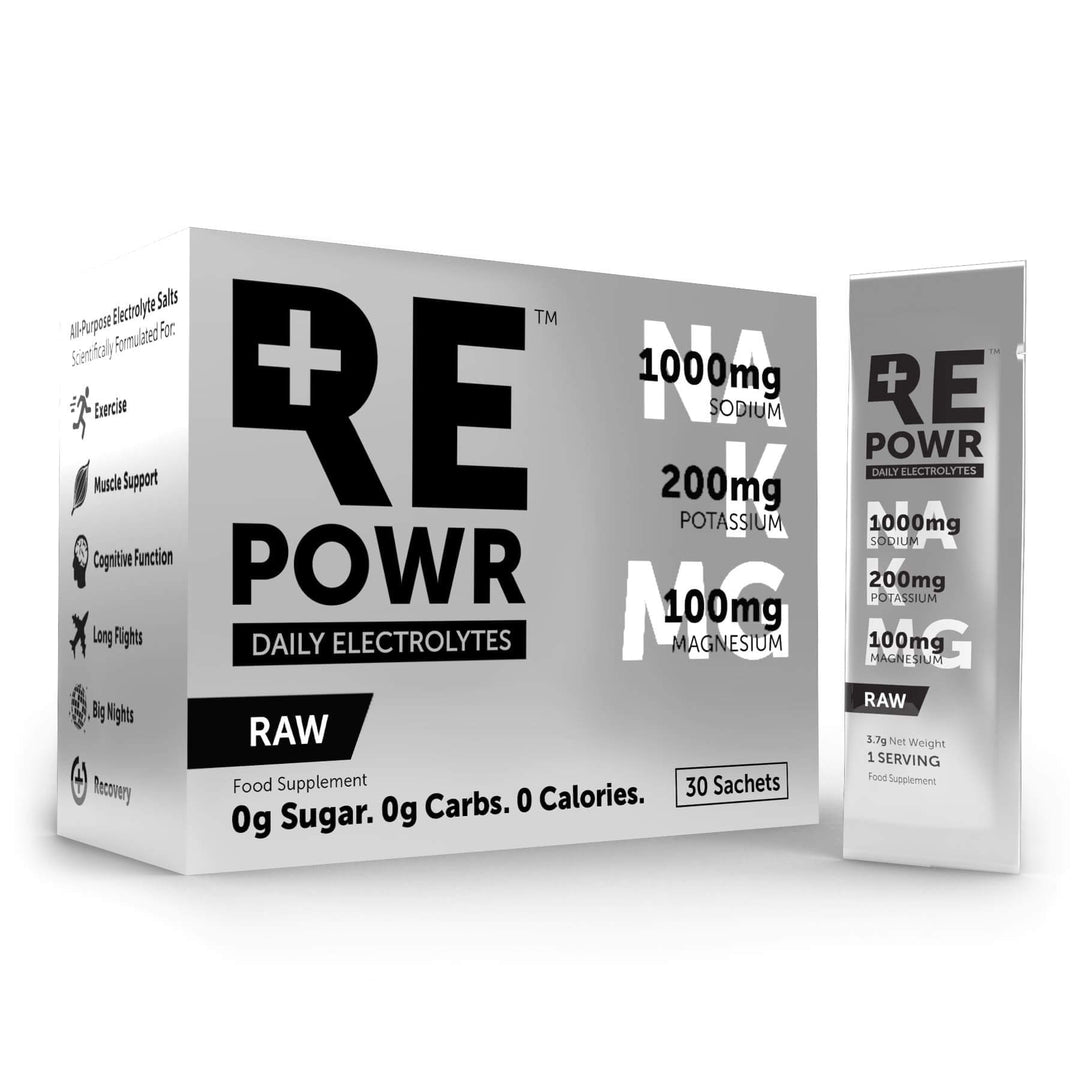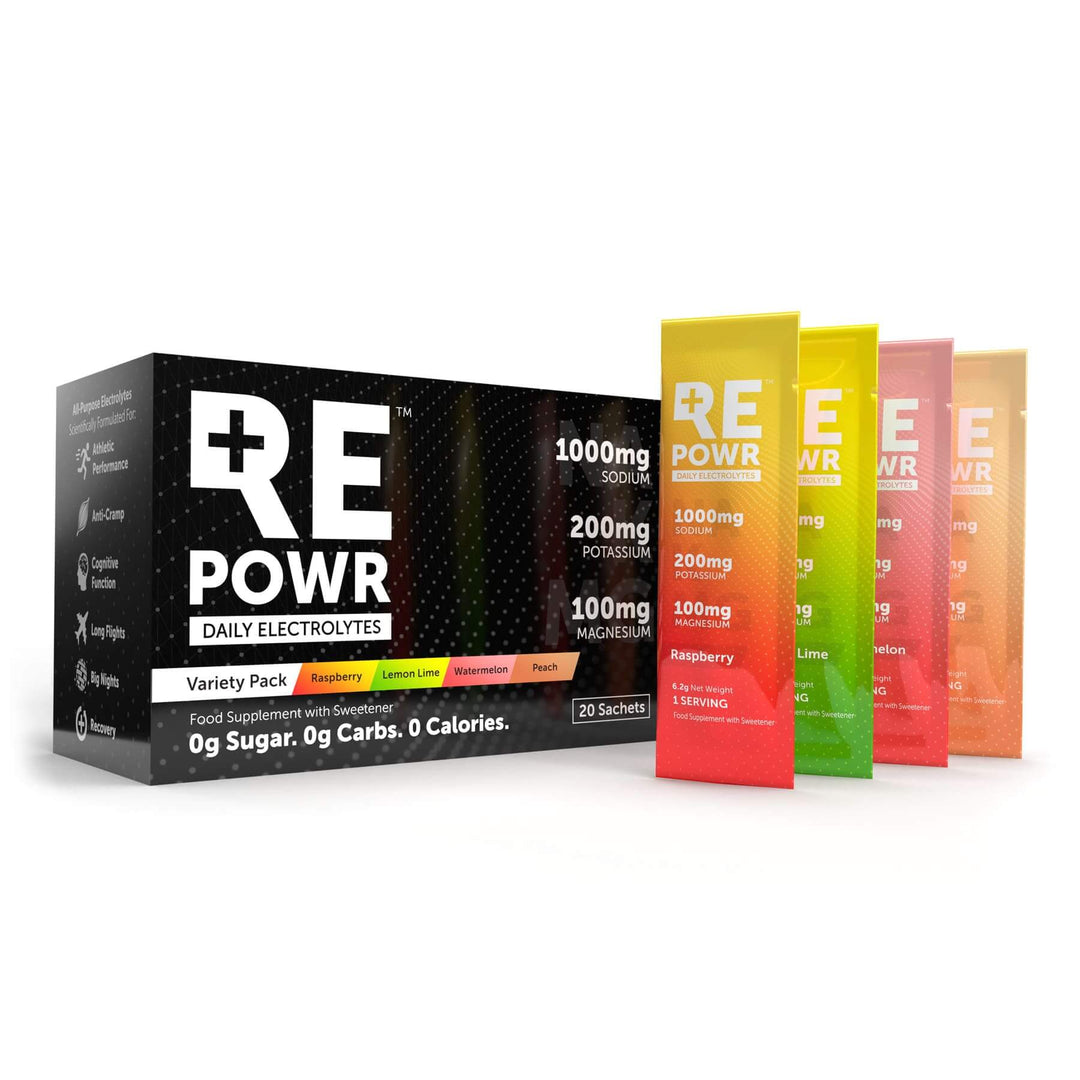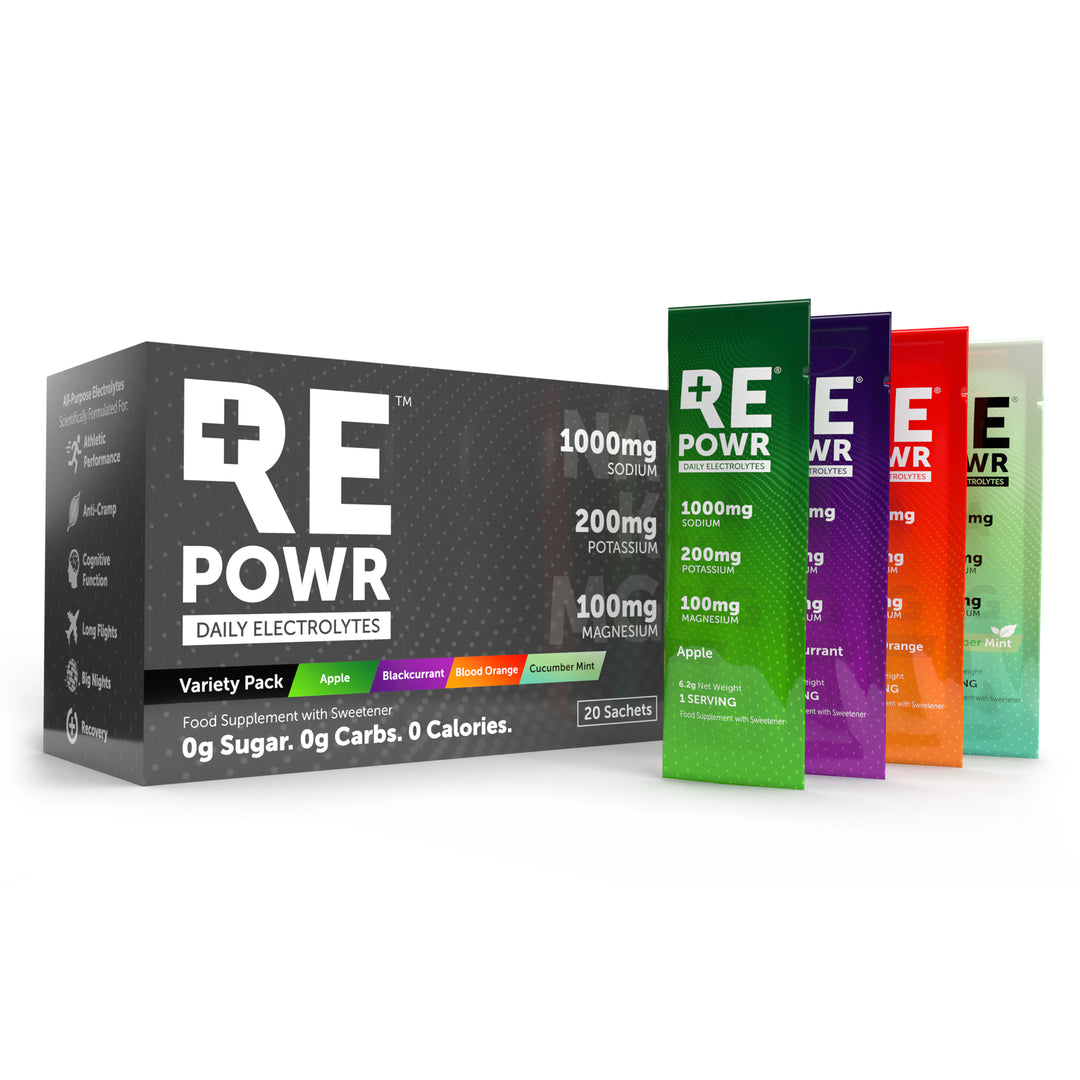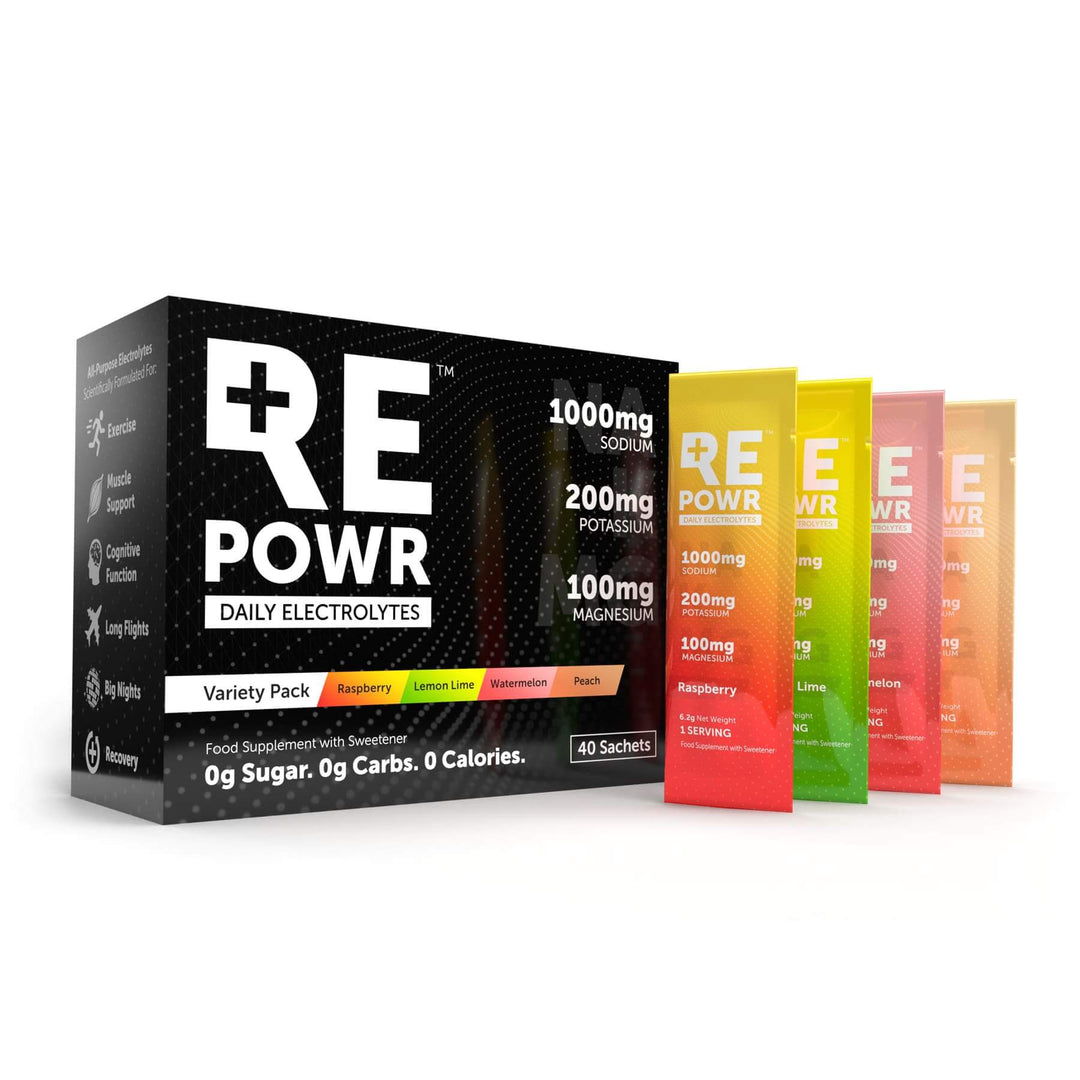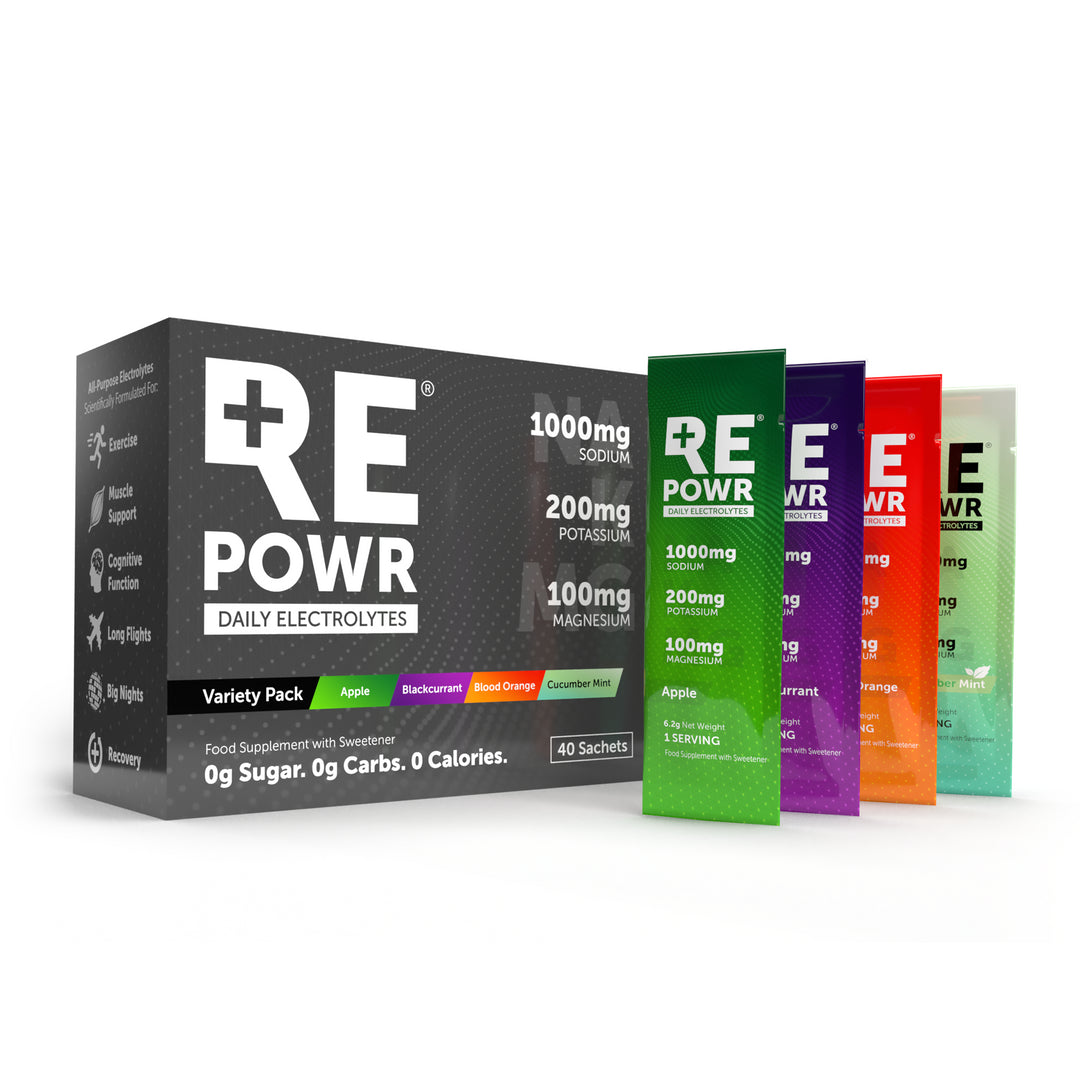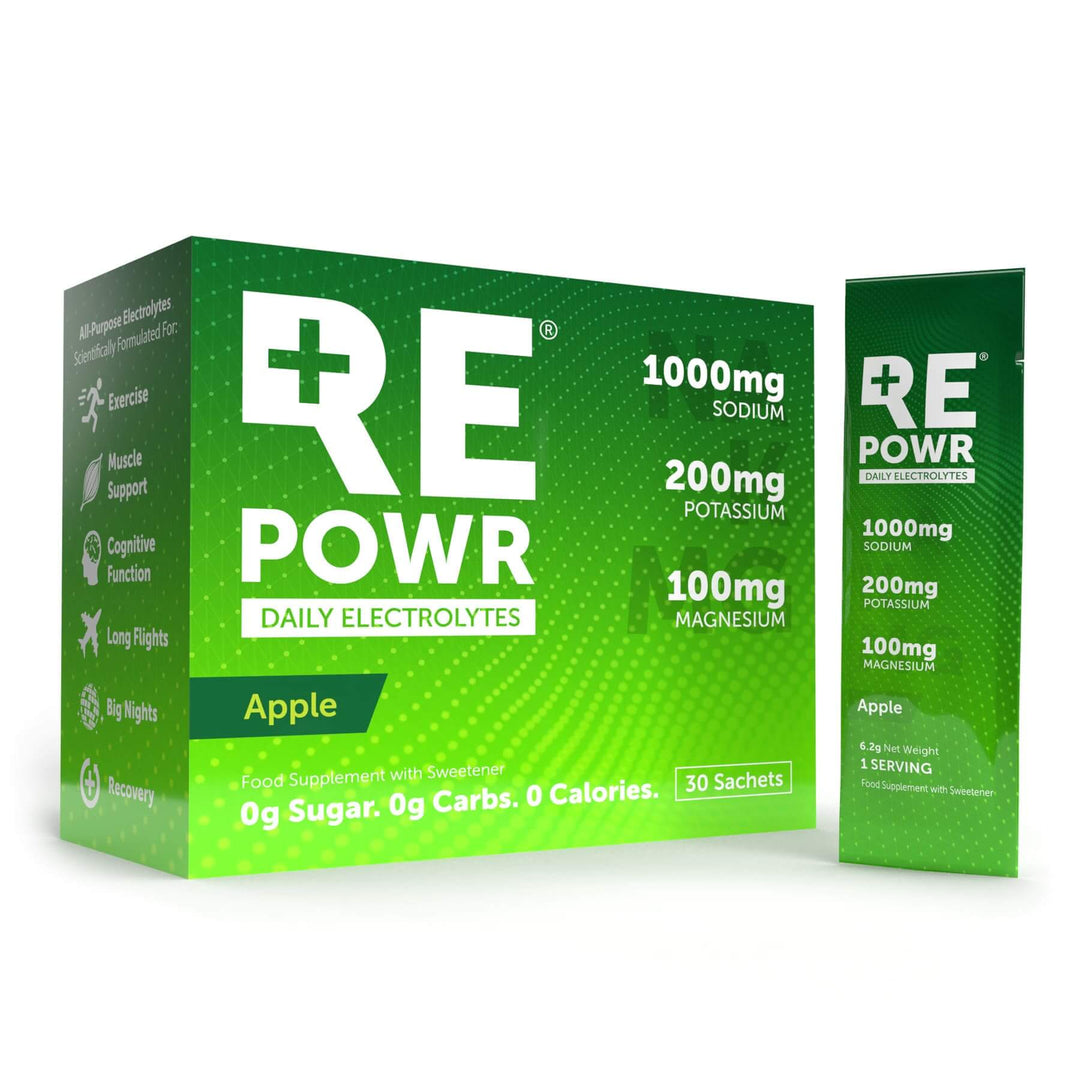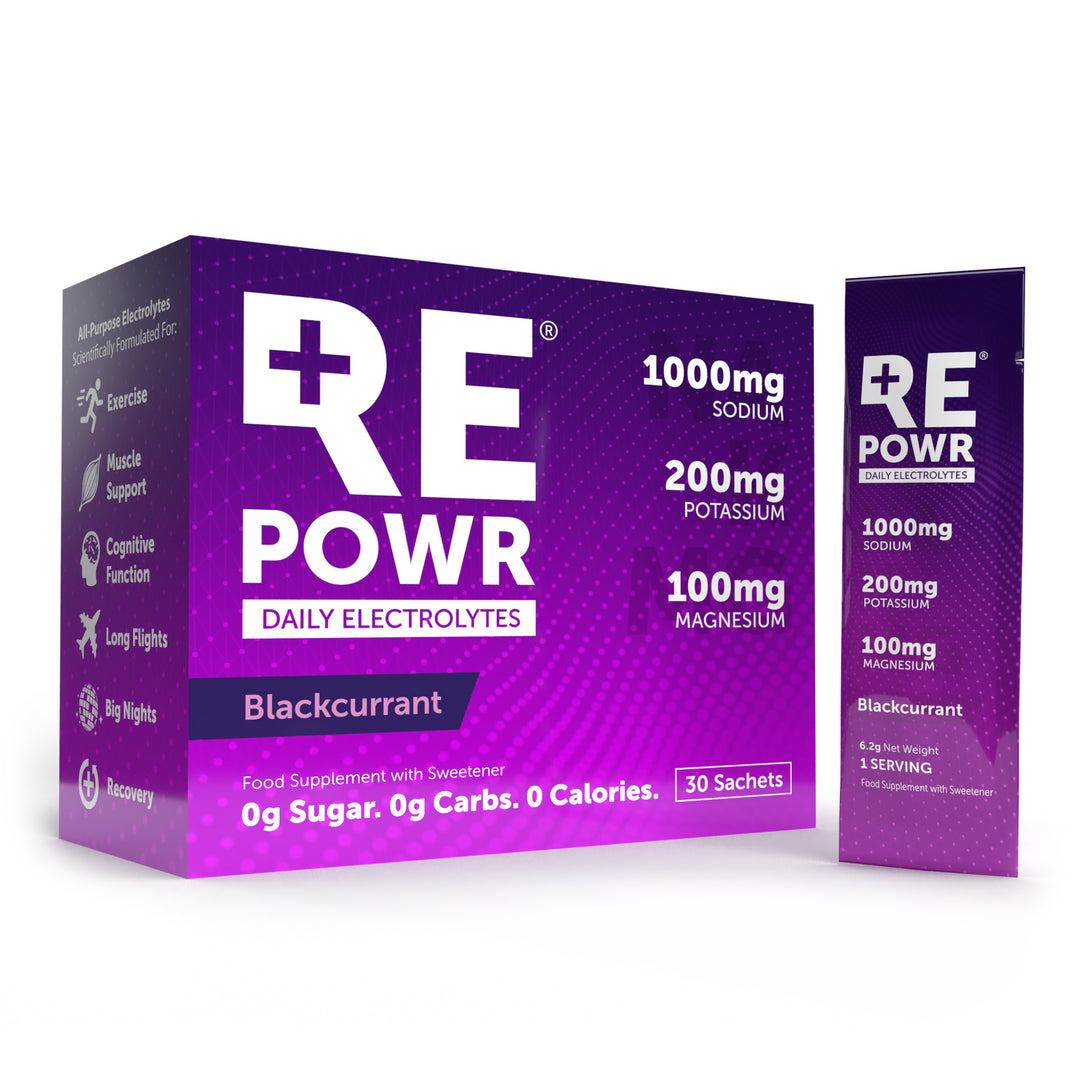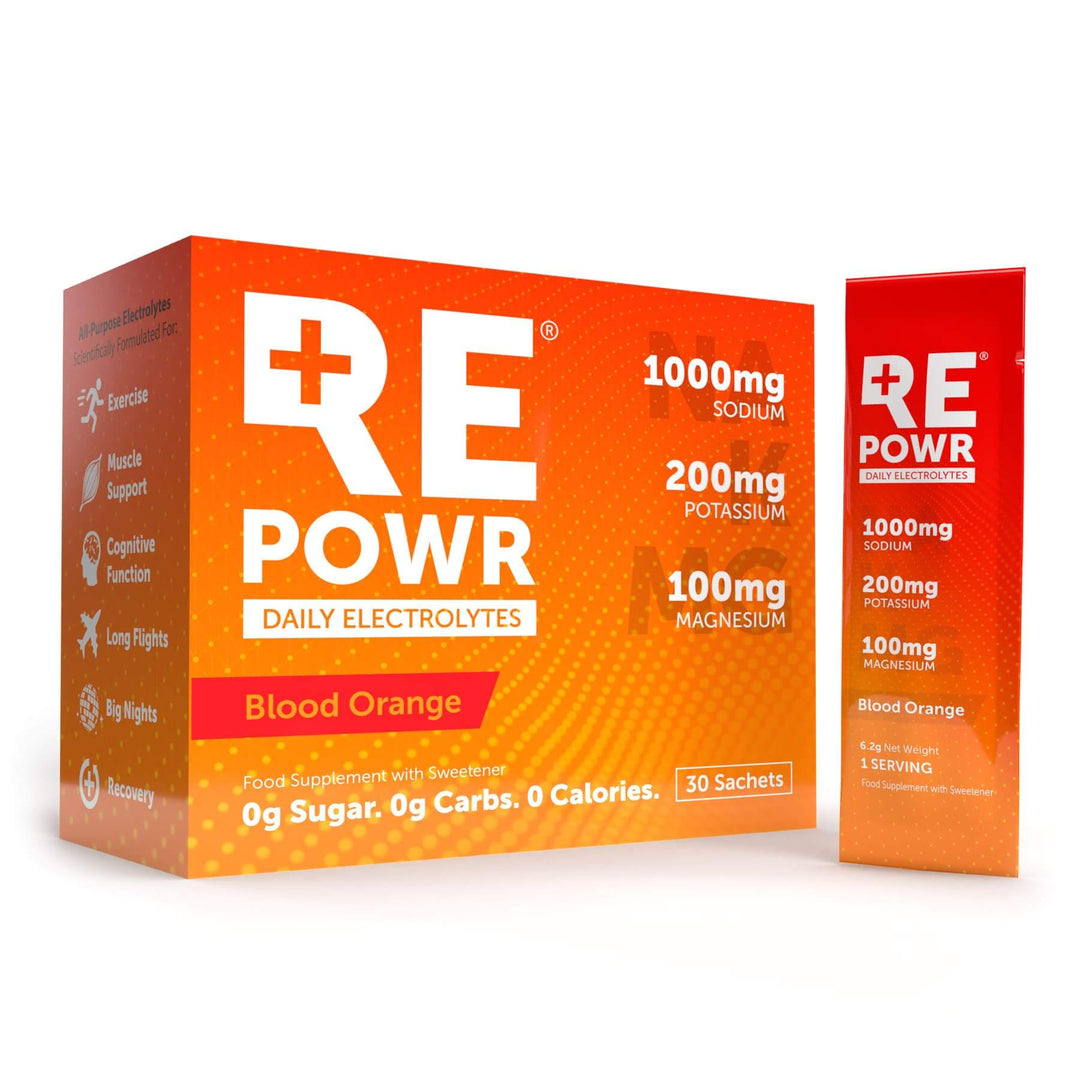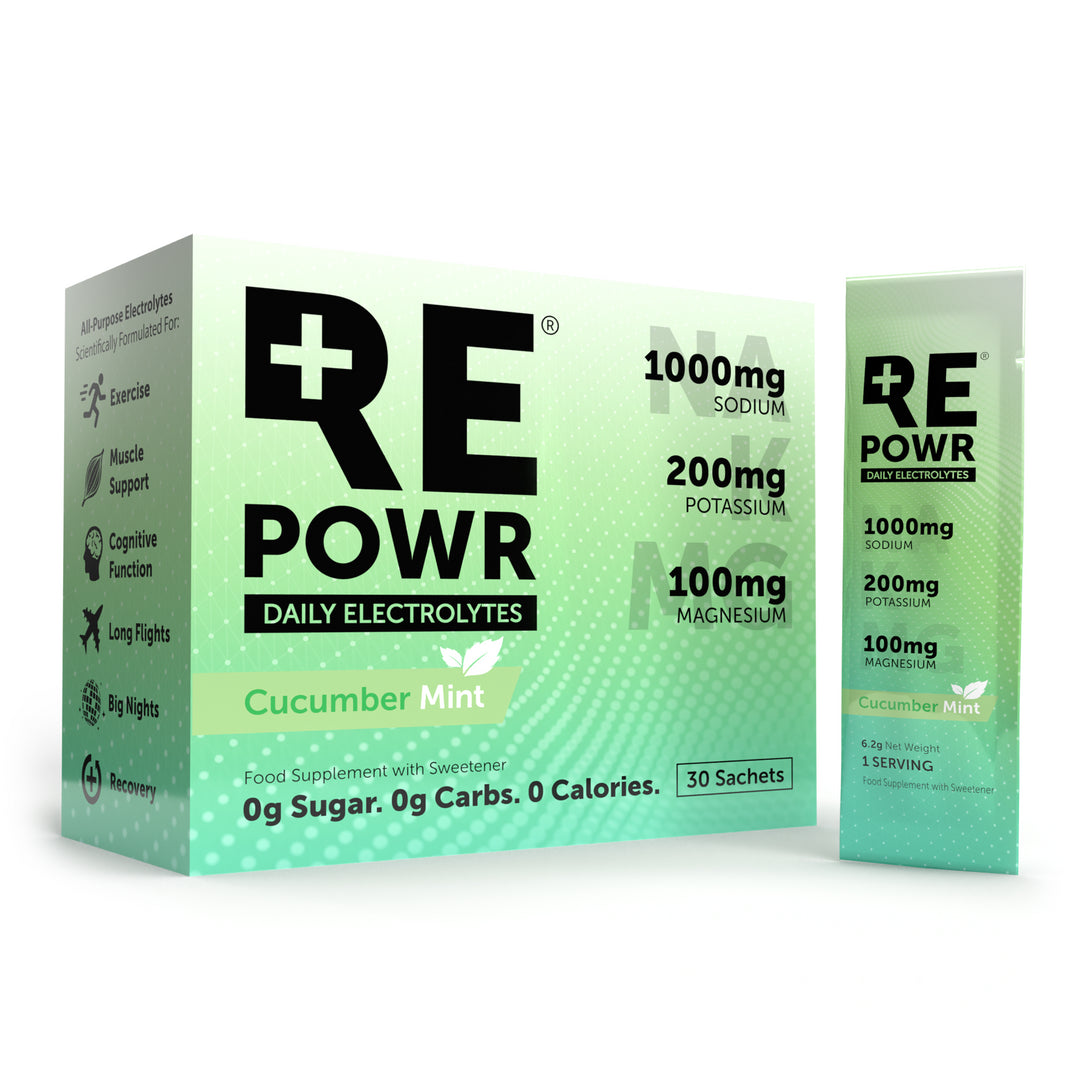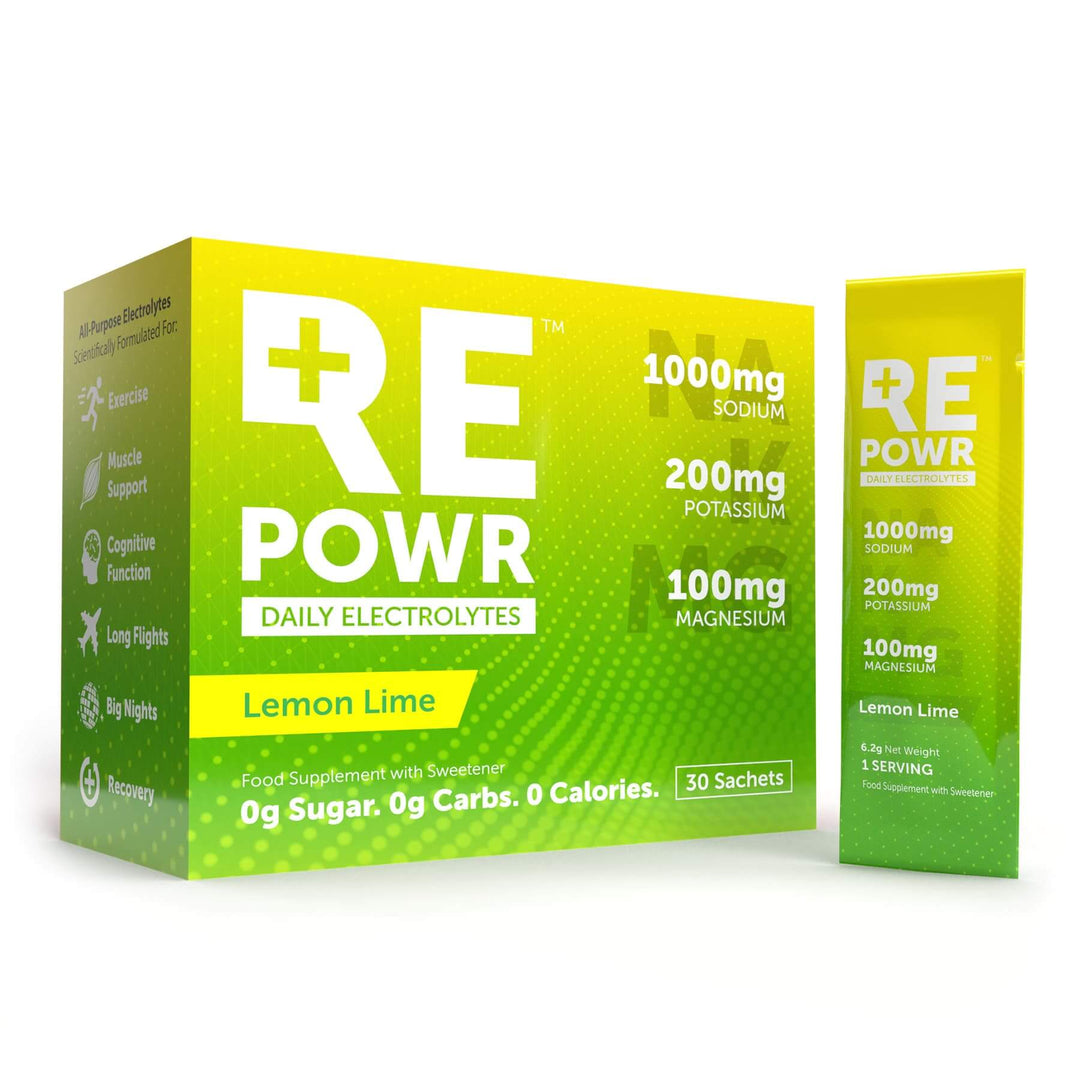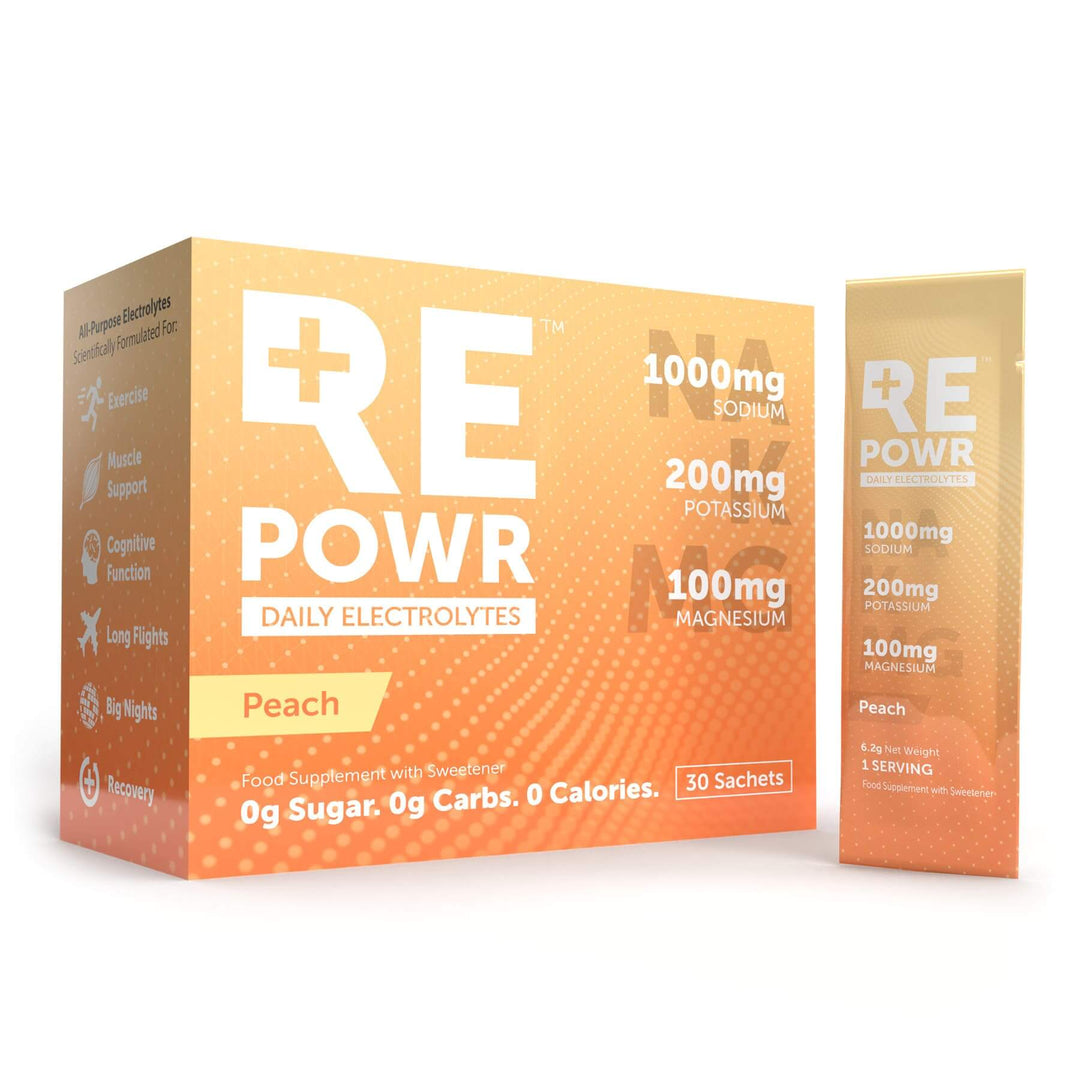The Lowdown On Litres: How Much Water Should You Drink?
The myth of eight
Scan health magazines or ask a fitness trainer and the general consensus is “8 glasses of water per day” is required. The problem is that there isn't good science to back this up, nor is there any mention of electrolytes. We know that effective hydration requires both water plus electrolytes. That is a physiological reality. As for how much, the truth is that the amount of water needed is, for the most part, quite individual. The “8 per day” is a bit like the “10,000 steps” - said often enough to be accepted, but lacking in evidence when you dig a bit deeper.
Why is water so important anyway?
Water is an essential part of human life. There are good reasons why water constitutes such a large proportion of our total body weight. Our organs, tissues and body fluid use water to conduct their functions. Lean muscle tissue, for example, is 73% water, making water vital for physical performance.
Water is an excellent solvent for compounds and solutes, such as glucose, sodium, and amino acids, as well as a carrier of nutrients and waste material. It is a lubricant for joints and a means of thermoregulation (controlling temperature). All transportation in the body and exchanges between cells happen through the medium of water. In fact, the cytoplasm of the cell itself is largely water.
At room temperature doing sedentary activities, we lose body water slowly and steadily, mostly through breathing and urinating. But when exercising or in a hot environment, sweating can make us lose up to 2 liters of water per hour. However, sweat doesn't only contain water; it also contains sodium and other electrolytes needed for powering your body.
With prolonged sweating, we lose more water relative to sodium, which increases sodium levels in the blood. Your body tries to maintain the blood sodium concentration at all costs, so it draws water out of your cells, eventually leading to dehydration. Humans are exquisitely sensitive to hydration levels. Being just 2% dehydrated impairs coordination and cognitive tasks.
Hydration is about maintaining cellular water levels, blood volume and electrolyte status. When we have good hydration, our arteries have optimal blood volume, supplying oxygen to the heart, brain, skin and muscles. This can be achieved only when we have sufficient fluid levels and when our electrolytes are in balance and in the optimal range.
Drinking for your needs
According to the esteemed National Academies of Sciences, Engineering, and Medicine, in the USA (See article from The Mayo Clinic), Men should drink 3.7 Liters of water per day, while women should drink 2.7 Liters.
This indicates that your consumption needs differ based on your weight, the amount of muscle mass and your fat percentage. It implies that a pregnant or nursing mother requires more fluids to support the amniotic fluid needs of her fetus or the milk production for her infant, which we know to be true.
Other factors that need to be taken into consideration include your personal activity level, the climate in which you live and your diet.
A diet high in caffeine and alcohol will require extra hydration due to the dehydrating effects of both. Similarly, a Low Carb diet, devoid of water binding starches and low in sugar will also require extra attention on hydration.
Clearly, one size doesn't fit all.
Making sense of electrolytes
While plain water is one element to hydration, the delicate balance of sodium and other electrolytes mixed with water are essentially what powers cellular function in our bodies. According to Dr James DiNicolantonio, author of “The Salt Fix” and “Win”, the best hydration strategy for most people doing exercise is to consume 1,200 mg of sodium (about 2/3 of a teaspoon of salt) per liter of sweat lost.
On a daily basis, the overall recommended intake of sodium, potassium and magnesium (the 3 main electrolytes) depends on who you listen to. As an example, The American Medical Association, following the US dietary guidelines (which are copied by most countries) recommends LESS than 2,300mg of sodium per day (1,500mg for older people), a MINIMUM of 1,600 – 2,000mg of potassium and 420mg of magnesium for men (320mg for women).
Yet a well-known study published in JAMA (the journal by the same medical association that recommends no more than 2,300mg of sodium per day) finds that less than 2,300mg of sodium is associated with the HIGHEST risk of cardiovascular events, and that the lowest risk of cardiovascular events is found in people who took more than DOUBLE the recommended amount of sodium. That is a monumental contradiction!
Given all these discrepancies, what are you supposed to do? Here’s our take: the established guidelines are outdated and were never based on good science to begin with; more and more evidence is emerging showing a different picture, and some of the best doctors and medical scientists in the world are recommending amounts closer to the following:
- Sodium* – 5,000mg per day
- Potassium – 4,700mg per day
- Magnesium – 500mg per day
[* Remember sodium is not that same as salt. Salt is sodium chloride which contains 38% sodium, so 1g of salt contains 380mg of sodium. You therefore need 13.15g of salt to get 5,000mg of sodium]
We recommend getting most of your daily electrolyte intake from food, or products in their natural form (this means not processed) and to supplement where necessary. It also makes sense to diversify your sources – don’t get everything from one product or one source.
The bottom line
Here’s some practical advice:
- Aim for a base of 750ml – 1l per day on non-exercise days. Double that if exercising.
- Add clean electrolytes to your base water.
- Above that, drink to thirst.
- However, keep water at your desk and take regular, small sips throughout the day.
- Take electrolytes if you have a headache, before reaching for the paracetamol.
- Pay attention to your urine. Almost clear, pale urine is best. Drink more water if your urine is darker.
- If you drink plain water, make sure you’re getting electrolytes elsewhere, such as your food.
- Try get close to the above-mentioned sodium, potassium and magnesium recommendations every day.
- During high heat, long haul flights and endurance activities make sure to drink extra water to compensate for the additional fluid loss. It’s a great idea to add electrolytes in these situations.
- Pregnancy and breast-feeding require extra water and electrolytes.
- Keep hydrated during winter – our thirst sensors don’t work as well during cold and at higher altitude (see our blog article on winter hydration). Ditto if you're older.
- REPOWR is a great electrolyte option. It's clean, convenient and contains no sugar or Calories. It requires 750ml water and has 1,000 mg sodium, 200 mg potassium and 100 mg magnesium - perfect for your baseline.
